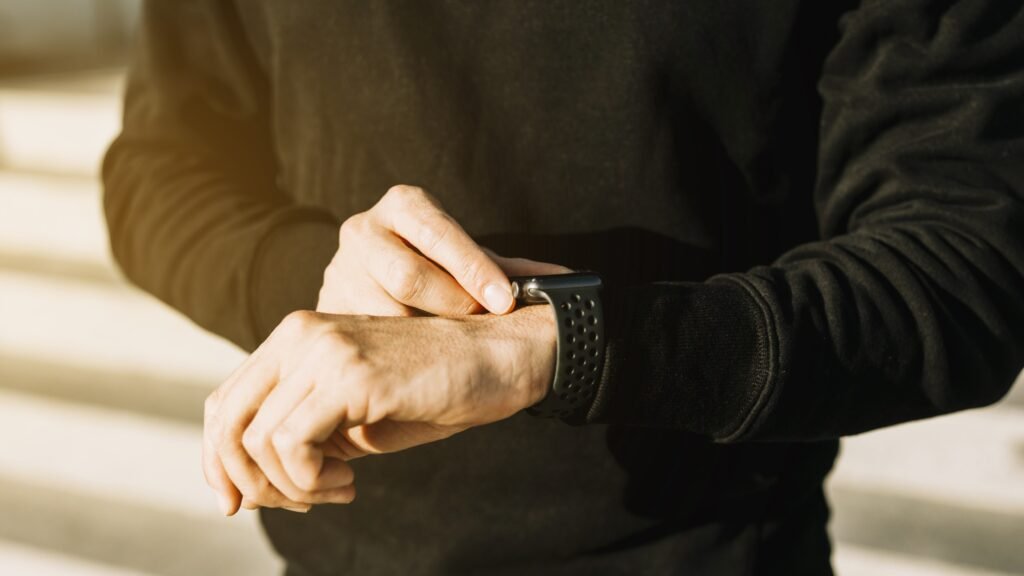Table of Contents
Smartphone Security Tips
In today’s digital era, your smartphone has evolved beyond a mere communication device. It’s your bank, your photo album, and your personal assistant. This makes it a prime target for hackers and thieves. Protecting your smartphone is crucial, and with these 15 common-sense tips to keep your smartphone secure with ease.
1. Use a Strong Password or Biometric Authentication
One of the simplest yet most effective ways to secure your smartphone is by using a strong password, PIN, or biometric authentication like fingerprint or facial recognition. Avoid easy-to-guess passwords and update them regularly.
2. Keep Your Software Updated
Make sure your smartphone’s operating system and apps are always up-to-date. Software updates often include important security patches that protect your device from new threats.
3. Install Security Software
Consider installing reputable security software that offers malware protection, anti-theft features, and safe browsing. Apps like Norton, McAfee, or Avast can add an extra layer of security.
4. Be Cautious with App Permissions
Before installing an app, check what permissions it asks for. Only grant necessary permissions to avoid giving apps access to sensitive information unnecessarily.
5. Avoid Public Wi-Fi for Sensitive Transactions
Public Wi-Fi networks are often insecure, making them a hotspot for hackers. Avoid accessing sensitive information or conducting transactions over public Wi-Fi. If needed, use a virtual private network (VPN) to keep your connection private.
6. Enable Two-Factor Authentication (2FA)
With two-factor authentication, you are asked to provide a second form of verification along with your password, which enhances security. Enable 2FA for your important accounts whenever possible.
7. Backup Your Data Regularly
It is important to consistently save a backup of your mobile device’s data onto a reliable cloud storage platform or an external hard drive. By doing this, you can guarantee that your data can be retrieved in the event that your device is misplaced, stolen, or jeopardized.
8. Be Wary of Phishing Scams
Phishing scams can trick you into revealing personal information through deceptive emails or messages. It is important to always confirm the origin of a link or before sharing personal information.
9. Use Secure Messaging Apps
For sensitive communications, use messaging apps that offer end-to-end encryption, such as Signal or WhatsApp. This guarantees that you and the intended recipient can only access the messages.
10. Log Out of Sites and Apps When Not in Use
Logging out of websites and apps after use, especially those involving financial transactions, can prevent unauthorized access if your phone falls into the wrong hands.
11. Set Up a Remote Wipe Feature
In case your phone is lost or stolen, a remote wipe feature allows you to erase all data from your device remotely. This can help to avoid unauthorized access to confidential data.
12. Monitor Your Device Activity
Regularly check your smartphone for unusual activity. Unauthorized access can be spotted early if you usually track installed apps, data usage, and battery consumption.
13. Secure Your Lock Screen
Avoid using notification previews on your lock screen for sensitive apps. This prevents potential snoopers from viewing important information without unlocking the device.
14. Beware of Charging Stations

Avoid using public charging stations, also known as “juice jacking.” Hackers can install malware through charging cables. You can either use your personal charger or a USB data blocker.
15. Educate Yourself on Mobile Security
Stay informed about the latest smartphone security trends and threats. Follow reputable sources and cybersecurity experts to keep your knowledge up-to-date and your device secure.
Detailed Explanation on Smartphone Security
Smartphone security is an ongoing process that requires vigilance and proactive measures. The increasing sophistication of cyber threats means that everyone, from casual users to business professionals, must be aware of the risks and how to mitigate them.
One fundamental aspect of smartphone security is understanding the importance of software updates. Manufacturers regularly release updates to fix security vulnerabilities that hackers exploit. By keeping your operating system and apps up-to-date, you close these gaps and protect your device from potential attacks.
Furthermore, emphasizing the importance of using strong and distinct passwords cannot be emphasized enough. Using biometric authentication, like fingerprints and facial recognition, provides both convenience and security. Two-factor authentication (2FA) further enhances this by adding another layer of verification, making it significantly harder for unauthorized users to gain access to your accounts.
App permissions are another critical area. Many apps request permissions that are not essential for their functionality. By scrutinizing these requests, you can minimize the risk of apps accessing and misusing your data. Alongside this, be mindful of the risks associated with public Wi-Fi networks. Using a VPN can provide the necessary encryption to keep your data secure when you have no choice but to use public Wi-Fi.
Phishing scams remain a prevalent threat. Cybercriminals use increasingly sophisticated techniques to trick users into divulging personal information. Staying alert and skeptical of unexpected messages, even if they appear to come from trusted sources, can prevent you from falling victim to these scams.
Finally, maintaining regular backups is a simple yet effective practice. In the event of a loss or theft, having a backup ensures that you can quickly restore your data. This, combined with the ability to remotely wipe your device, offers peace of mind that your information can be safeguarded even in the worst-case scenario.
By following these common-sense tips, you can significantly enhance your smartphone’s security and protect your personal information from the ever-evolving landscape of cyber threats.
By implementing these 15 common-sense tips, you can keep your smartphone secure and protect your personal information from various cyber threats. Always be on alert, keep yourself updated, and give importance to security in your online activities.
Remember, securing your smartphone doesn’t have to be complicated. With a few simple steps, you can enjoy peace of mind knowing your personal data is safe.




Great things happen! thank you for sharing.
Good morning, Lou.
Thank you for reading this blog and hopefully youll be at ease when reading some of the articles within on this website.
Best regards,
vibesvital